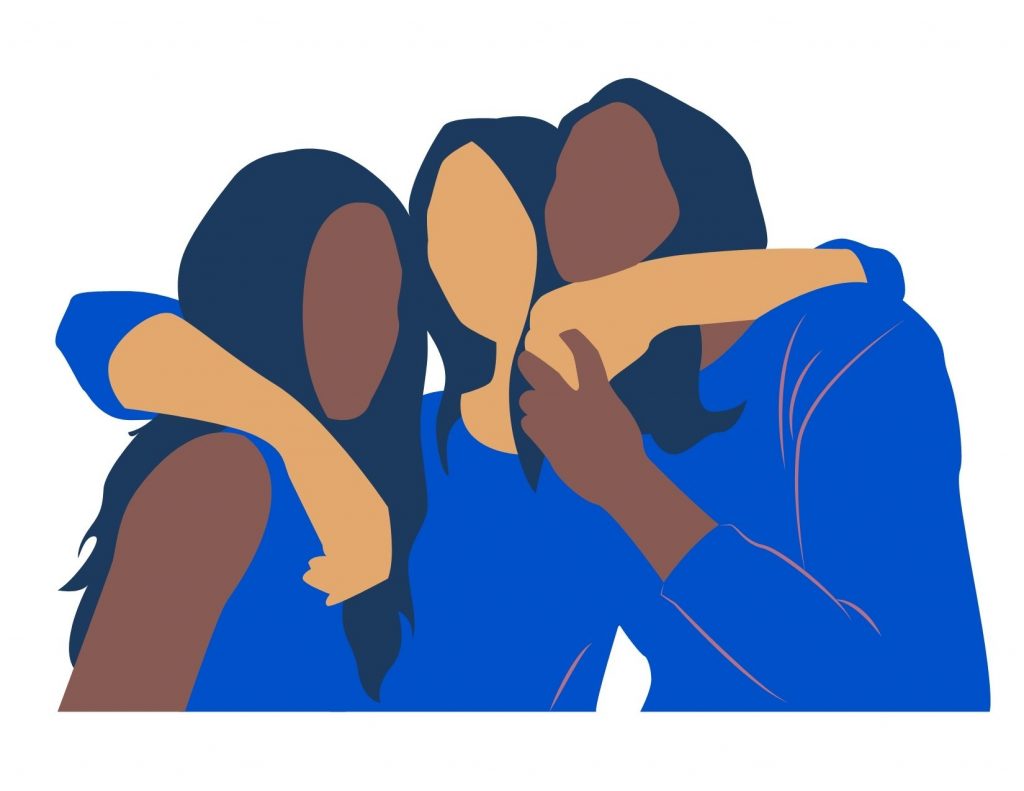About Zeta Phi Beta Sorority, Inc.
Zeta Phi Beta Sorority, Incorporated was founded on January 16, 1920, on the campus of Howard University in Washington, D.C. The five illustrious founders of Zeta Phi Beta Sorority, Inc, Arizona Cleaver Stemmons, Myrtle Tyler Faithful, Viola Tyler Goings, Fannie Pettie Watts, and Pearl Anna Neal dared to depart from the traditional coalitions for Black women and sought to establish a new organization. Their vision was to encourage the highest standards of scholarship through scientific, literary, cultural, and educational programs; promote volunteerism on college campuses and in the community; foster sisterhood; and exemplify finer womanhood.
The Klan was very active during this period and the Harlem Renaissance was acknowledged as the first important movement of Black artists and writers in the U.S. This same year the Volstead Act became effective heralding the start of Prohibition and Tennessee delivered the crucial 36th ratification for the final adoption of the 19th amendment giving women the right to vote. The worst and longest economic recession to hit the U.S. would define the end of the decade-The Great Depression.
These ideals are reflected in the sorority’s national programs for which its members and auxiliary groups provide significant volunteer service, financial capital, and professional talent to educate the public, assist youth, enrich community outreach programs, fund scholarships, support organized charities, and promote legislation for civic and social change. It was within this environment that five coeds envisioned a sorority that would directly affect positive change, chart a course of action for the 1920s and beyond, raise the consciousness of their people, encourage the highest standards of scholastic achievement, and foster a greater sense of unity among its members. These women believed that sorority elitism and socializing overshadowed the real mission for progressive organizations and failed to address fully the societal mores, ills, prejudices, and poverty affecting humanity in general and the black community.



